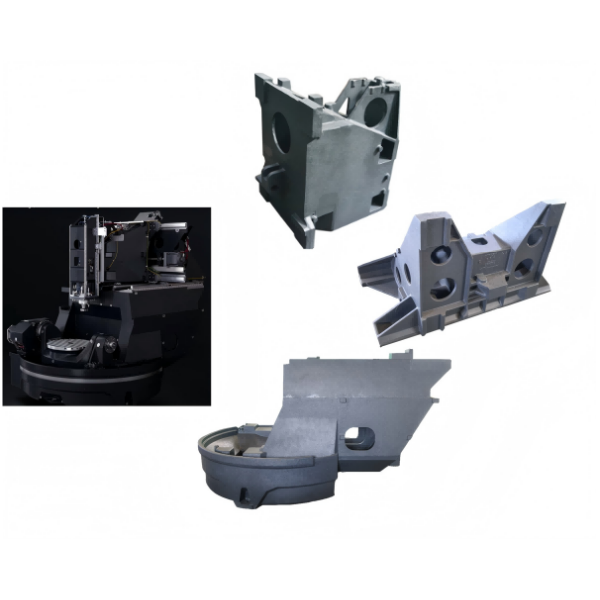As the seasons change and leaves begin to fall, homeowners and landscapers alike find themselves in need of an efficient leaf blower. However, with a myriad of options available on the market, selecting the right leaf blower can be a daunting task. This guide will delve into the essential factors to consider when purchasing a leaf blower, ensuring you make an informed decision that meets your specific needs.
- Types of Leaf Blowers
Before diving into the specifics, it’s crucial to understand the different types of leaf blowers available:
- Gas-Powered Leaf Blowers: Known for their power and mobility, gas-powered models are ideal for large areas and heavy-duty tasks. They typically offer higher airspeed and volume, making them suitable for wet leaves and debris. However, they can be heavier, noisier, and require regular maintenance.
- Electric Leaf Blowers: These come in corded and cordless varieties. Corded models provide continuous power but limit mobility, while cordless models offer convenience and portability but may have limited battery life. Electric blowers are generally quieter and require less maintenance, making them suitable for residential areas.
- Backpack Leaf Blowers: Designed for comfort and efficiency, backpack models distribute weight evenly across the back, making them ideal for prolonged use. They are often gas-powered and provide high airspeed, making them suitable for commercial landscaping.
- Power and Performance
When evaluating leaf blowers, power is a critical factor. The performance of a leaf blower is typically measured in two key metrics: airspeed (measured in miles per hour, or MPH) and air volume (measured in cubic feet per minute, or CFM).
- Airspeed (MPH): Higher airspeed is essential for moving stubborn debris, especially wet leaves. Look for models that offer at least 150 MPH for effective performance.
- Air Volume (CFM): This metric indicates the amount of air the blower can move. A higher CFM rating is beneficial for clearing larger areas quickly. For residential use, a CFM of 400 or more is generally recommended.
- Weight and Ergonomics
The weight of the leaf blower can significantly impact your comfort and efficiency during use. Heavier models may lead to fatigue, especially during extended use. Consider the following:
- Weight Distribution: Backpack models often provide better weight distribution, reducing strain on your arms and back.
- Handle Design: Ergonomically designed handles can enhance comfort and control. Look for models with padded grips and adjustable handles to suit your height and preference.
- Noise Levels
Noise pollution is a growing concern, particularly in residential areas. Gas-powered leaf blowers tend to be louder than their electric counterparts. When choosing a leaf blower, consider the following:
- Decibel Rating: Check the manufacturer’s specifications for the decibel (dB) rating. Models with a rating below 65 dB are generally quieter and more suitable for residential use.
- Local Regulations: Be aware of local noise ordinances, as some areas have restrictions on the use of gas-powered equipment during certain hours.
- Additional Features
Modern leaf blowers come equipped with various features that can enhance usability and efficiency:
- Variable Speed Settings: This feature allows you to adjust the airspeed according to the task at hand, providing versatility for different types of debris.
- Vacuum and Mulching Capabilities: Some leaf blowers can double as vacuums, collecting leaves and debris for easy disposal. Models with mulching capabilities can shred leaves, reducing their volume and making them easier to compost.
- Easy Start Mechanisms: Look for models with easy start technology, especially in gas-powered blowers, to reduce the hassle of starting the engine.
- Budget Considerations
Leaf blowers come in a wide range of prices, typically reflecting their power, features, and brand reputation. While it may be tempting to opt for the cheapest option, consider the long-term value of investing in a quality model that meets your needs.
- Warranty and Support: A good warranty can provide peace of mind and protect your investment. Look for brands that offer comprehensive support and service options.
Conclusion
Choosing the right leaf blower involves careful consideration of various factors, including type, power, weight, noise levels, and additional features. By understanding your specific needs and evaluating the options available, you can select a leaf blower that not only makes yard maintenance easier but also enhances your overall outdoor experience. Whether you’re a homeowner looking to maintain your garden or a professional landscaper tackling larger projects, the right leaf blower can be a game-changer in your seasonal cleanup efforts.



